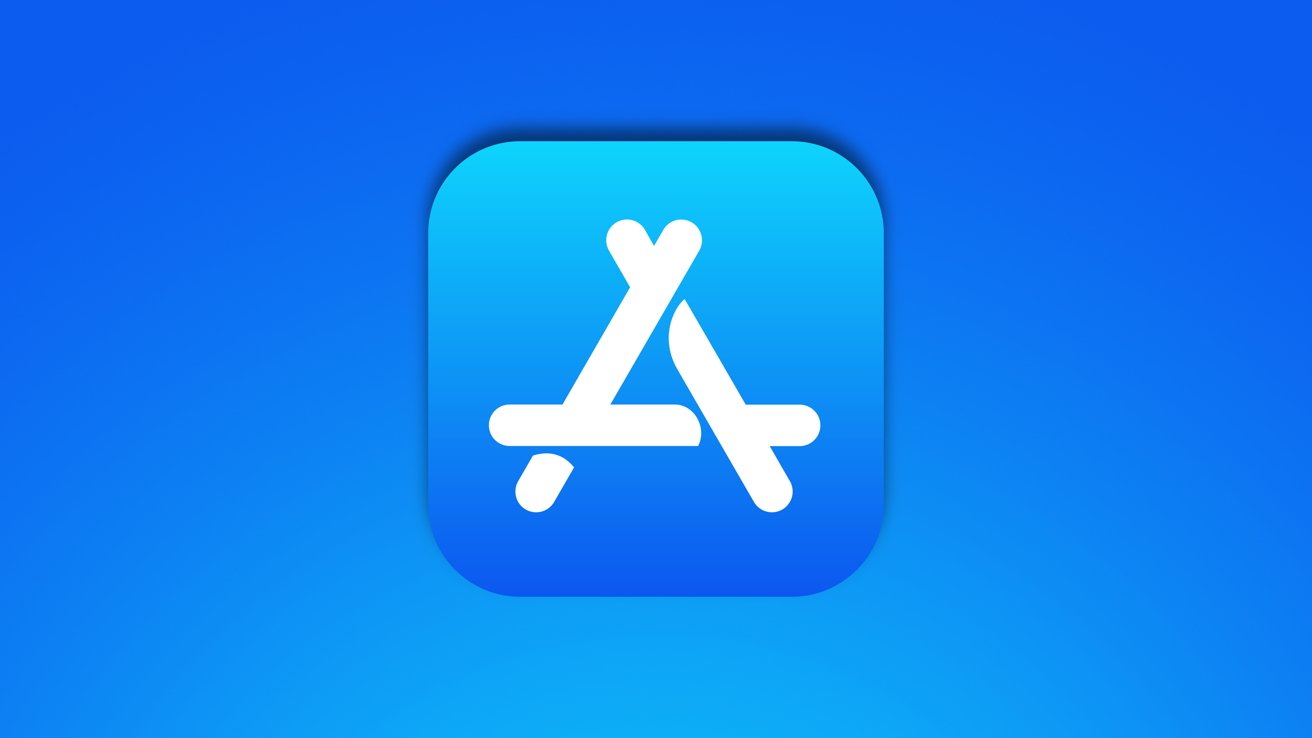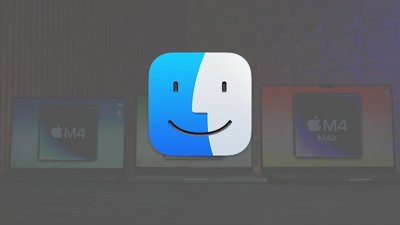Starting now, app developers can select between over 900 price points to charge customers for any App Store purchase — even whole numbers like $1 are supported.
Apple has implemented a planned price change, increasing the number of price points available for developers by 10 times to 900. This is a big change from the previous $0.99 intervals and lack of whole-number values that persisted before.
According to developer documentation, App Store prices and in-app purchases can take advantage of the new values. These include every $0.10 interval up to $10, or every $0.50 interval up to $50.
That means customers will see a lot more apps that cost $1 instead of the classic $0.99, and in-app purchases can go as low as $0.29. The highest a developer can charge for something is $10,000, though that requires special permission from Apple.
Alongside this price point increase are more tools for managing global pricing. So developers can set a price based on local exchange rates or pricing conventions.
Developers have until May 9, 2023, to set up regional base prices. On that date, Apple will enable the new pricing across 175 App Store storefronts.
Apple will update prices based on the current price in the United States if developers do not take any action. Developers also have the choice to manage prices of individual storefronts instead of using an equalized price.
 Wesley Hilliard
Wesley Hilliard








 Malcolm Owen
Malcolm Owen
 William Gallagher
William Gallagher
 Chip Loder
Chip Loder
 Brian Patterson
Brian Patterson
 Christine McKee
Christine McKee

 Amber Neely
Amber Neely



-m.jpg)






1 Comment
The global pricing policy is more important for me than the number of price points. Being an app developer in the EU, I always had issues when Apple decided to change to USD EUR exchange rate and I had to adapt my pricing in EUR. Up to now, I needed to communicate an explanation to my customers why the price of my app in Euro changed, while the app remained the same. I had only to do this twice since I started app development, but it was still annoying.
Luckily Apple is now copying the scheme Google has been using for years in the Play Store.